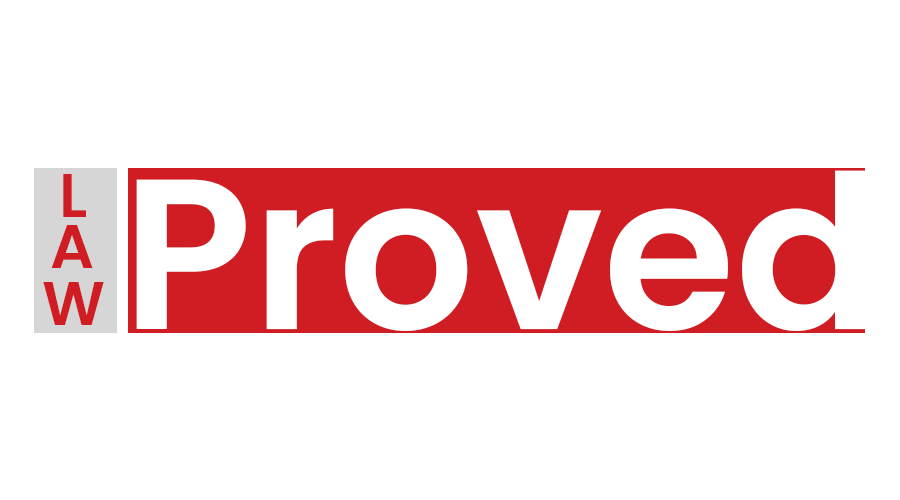Homeowner’s insurance generally includes “premises liability” coverage, intended to safeguard you if someone is injured on your property due to negligence:
- Slip & fall accidents caused by wet floors, icy walkways, uneven surfaces, poor lighting, or debris.
- Dog bitesand pet attacks—provided the policy doesn’t exclude the specific breed.
- Swimming pool accidents, such as drownings or slip injuries, particularly when barriers or supervision are insufficient.
- Injuries on playgrounds or trampolines due to poor maintenance or lack of safety fencing.
- Burns or injuries from fires, electrical appliances or grill explosions during social gatherings.
- Injuries to Guests & Invitees– Coverage generally extends to:
- Invitees, such as social guests or delivery personnel—with the highest protection.
- Licensees, like casual visitors who enter with permission.
- Note: Injuries to trespassers are less likely to be covered.
- NonWorkRelated Accidents Only – If the injury occurs during work (e.g., a home-based employee falls), workers’ compensation—not homeowner’s insurance—usually applies.
Injuries Usually Not Covered
- Intentional acts by the homeowner or household members.
- Injuries to family members or residents—those are excluded and covered by health insurance.
- Business-related accidents, such as injuries during a home-based business activity.
- Accidents tied to criminal activity on the premises.
- Damage caused by high-risk dog breeds if specifically excluded.
Types of Covered Injuries
Burnett & Williams categorize personal injuries by severity and typical settlement values, which are generally subject to the policy limits of $100,000 to $300,000
| Severity | Examples | Typical Range |
| Minor | Bruises, sprains | $10,000–$20,000 |
| Moderate | Broken bones, herniated discs | $20,000–$35,000 |
| Severe | Injuries requiring surgery or long-term care | $35,000–$50,000+ |
| Catastrophic | Brain or spinal cord injuries | $100,000–$1,000,000+ |
Policy Limits & Alternatives
Insurance Caps
Homeowner’s liability coverage typically caps at $100,000–$300,000. Even if injuries are more costly, a claim cannot exceed policy limits.
Umbrella Policies & Defendant’s Assets
An umbrella policy is useful where homeowner’s coverage is lacking. It is feasible to pursue a defendant’s personal assets; however, it is frequently impractical unless they possess considerable wealth.
What You Must Prove for a Valid Claim
Upon getting injured, to make the necessary claim, you need to show the following:
- A dangerous or unsafe condition that caused the injury.
- The homeowner knew or should have taken a note about it.
- They failed to fix or warn about it with a signboard.
- The unsafe condition directly caused your injury.
As Attorney Kimberly Raab emphasizes in Virginia, even being 1% at fault may void your claim due to contributory negligence.
What You Can Include in a Homeowner’s Personal Injury Claim
If injured, you may pursue compensation for:
- Medical costs (emergency and long-term treatment)
- Physical therapy or rehab
- Lost wages or time off work
- Pain, suffering, and emotional distress
- Permanent scarring, disfigurement, or disability
How a Personal Injury Lawyer Can Help
Lawyers, like Charles James Williams III and Kimberly Raab, assist injured guests in navigating these hurdles by:
- Gathering evidence (maintenance records, repair logs, inspections).
- Engaging expert witnesses to analyze liability.
- Handling all communication with insurance companies.
- Demonstrating awareness of Virginia’s strict contributory negligence rule, ensuring your case withstands defences
- Aiming to maximize your compensation across both economic and non-economic damages, including future needs.

Final Takeaways
- Covered injuries: slip/trip falls, guest injuries, non-work accidents.
- Coverage limits: usually $100K–$300K; umbrellas can help bridge gaps.
- Damages: include both measurable costs and subjective suffering.
- Bottom line: homeowner’s insurance can cover substantial liability—but knowing its limits and building a clear, well-documented case lets you maximize compensation.
Summary
Homeowner’s insurance usually protects against visitor injuries due to negligence—excluding deliberate actions, relatives, businesses, or specific dog breeds. Effective claims necessitate establishing that the homeowner was aware of the risk and failed to take action. In Virginia (and other contributory negligence states), even slight shared blame can eliminate your claim. Attorneys from companies such as Burnett & Williams provide essential knowledge in collecting evidence, crafting legal strategies, negotiating insurance, and safeguarding your rights amid strict legal timelines.
Call (804)-794-0080 for a FREE consultation
Visit us in Richmond or Chesterfield
Contact us online at www.burnettwilliams.com
